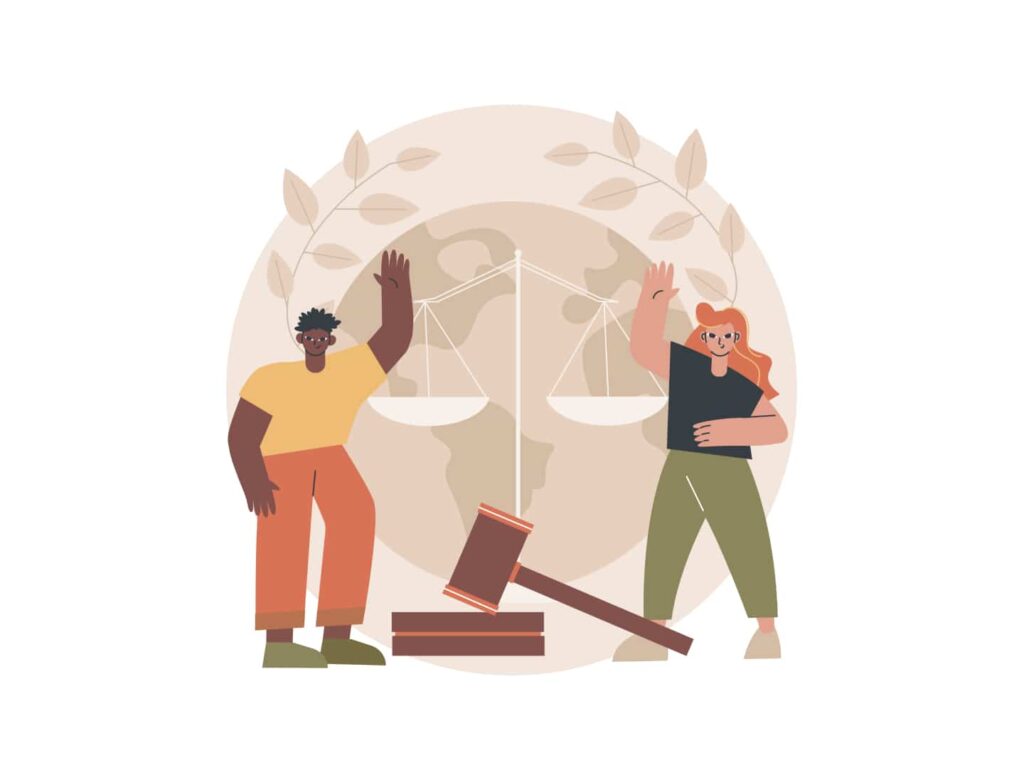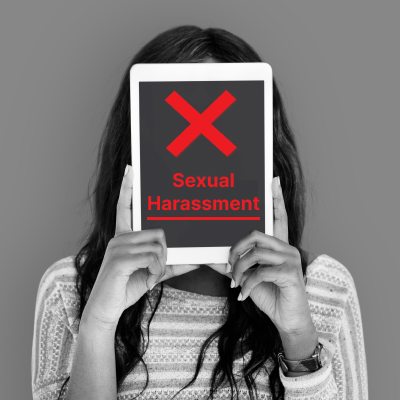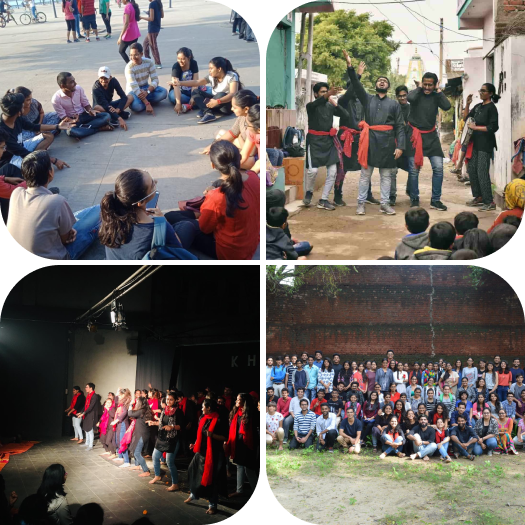If an individual believes that they are the victim of sexual harassment or retaliation, they are encouraged to report such complaint immediately. Sauhard has designated the Internal Complaints Committee (ICC) to receive all complaints, verbal or written, of harassment on behalf of the organization.
1. The complainant can submit a written complaint letter to the ICC, stating what happened with details regarding the dates, names of the accused, proof (if any), etc.
2. The complainant can write a complaint email letter, to the respective ICC members.
3. The complainant can ask an informal meeting with the members of ICC.
4. In cases of emergencies, the person believing to be harassed can call/text/email the ICC member, at the moment, in order to prevent any further engagements taking place.
Within 1 week of receipt of the complaint, the Chairperson shall communicate the same to all the members of ICC.
Within 10 days of receipt, respondent will file their reply on the complaint.
The complainant must file the complaint of sexual harassment within three months of the incident. The period can be subjected to extension, in extreme circumstances that might have backed the complainant from filing the complaint.
1. On receiving a formal complaint, the ICC shall ask the complainant to prepare a detailed testimonial of the incidents, in a specific format or someone will be assigned to help with the same.
2. The accused will be probed to prepare a reply to the statement of allegations, if required.
3. ICC will organize verbal sessions with the complainant and accuse together if required and individually. And can ask both the parties for written compliance. These sessions must be recorded, with both parties consent.
4. The statement of the complainant will be recorded in front of ICC. Accuse may cross question the complainant if there is a need to do so only in the presence of the Committee members.
5. ICC will take testimonies of other related persons and examine the evidence whenever necessary.
6. The Committee will take its decision after carefully reviewing the circumstances.
7. The enquiry shall be conducted in Gujarati/Hindi/English.
8. Enquiry will be completed in maximum 90 days. If ICC feels more time is needed, they can take decision of extending the tenure of enquiry.
All the members of ICC must be informed and discuss the case firstly, by meeting/ email or call.
If the committee considers conducting an inquiry session, the complainant and the accused, both should be present. Non-presence can be subjected to penalties/fines. The person conducting the investigation can:
1. Interview the complainant and the accused both at the same time, or separately.
2. The committee can also cross examine the third party, in the stage of further inquiry, and the statement must be recorded, plus record giving of consent recording too. The committee must conclude whether, the incident(s) of sexual harassment took place or not.
If the incident took place, further actions must be taken:
1. The accused shall pronounce they are guilty, or the victim/committee must prove the accused guilty by providing adequate documents in the form of pictures, voice recording, etc.
2. The ICC must decide upon an appropriate penalty for the accused, considering the degree of inappropriateness/action taken place during the incident:
a) Warning
b) Written Apology
c) Suspension (designated time period)
d) Expulsion
3. The Committee must ensure that appropriate actions are taken upon the accused within 90 days from the filled complaint.
4. If the committee believes that the case should be reported to the police, the same must be carried forward.




